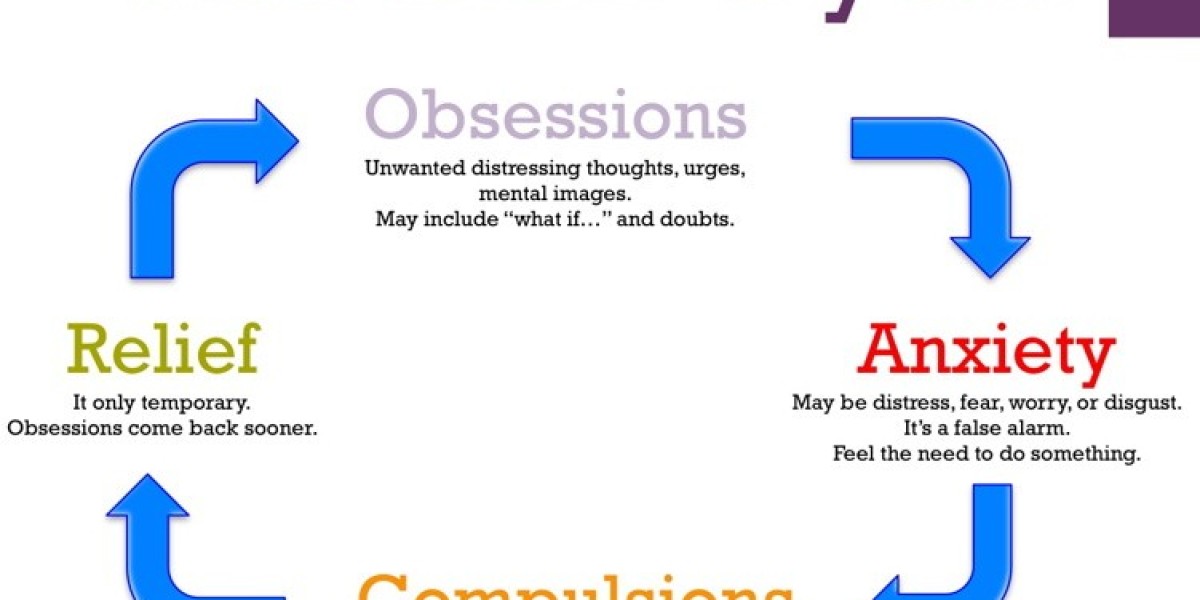Obsessive-Compulsive Disorder (OCD) is a mental health condition characterized by intrusive thoughts, images, or urges (obsessions) that cause significant distress or anxiety. Individuals with OCD often engage in repetitive behaviors (compulsions) to neutralize these distressing thoughts or prevent feared outcomes.
The Importance of a Comprehensive Assessment
A comprehensive OCD assessment is essential for:
Accurate Diagnosis: Early diagnosis allows individuals to understand their symptoms and seek appropriate treatment.
Tailored Treatment Planning: A thorough assessment guides the development of personalized treatment plans, addressing the specific needs of each individual.
Severity Evaluation: Assessing the severity of OCD symptoms helps determine the necessary level of care, such as therapy, medication, or a combination.
Key Components of an OCD Assessment
A typical OCD assessment includes:
Clinical Interview: An in-depth interview is conducted by a mental health practitioner to learn about the patient's symptoms, medical background, and general functioning.
Symptom Evaluation: The clinician assesses the frequency, intensity, and duration of obsessive thoughts and compulsive behaviors.
Impact Assessment: The impact of OCD on the individual's daily life, relationships, and overall well-being is evaluated.
Differential Diagnosis: The clinician rules out other potential mental health conditions that may mimic OCD symptoms.
Seeking Professional Help
If you are experiencing symptoms of OCD, consider seeking a comprehensive OCD assessment from a qualified mental health professional. Their services include offering a thorough evaluation and suggesting suitable courses of action.








